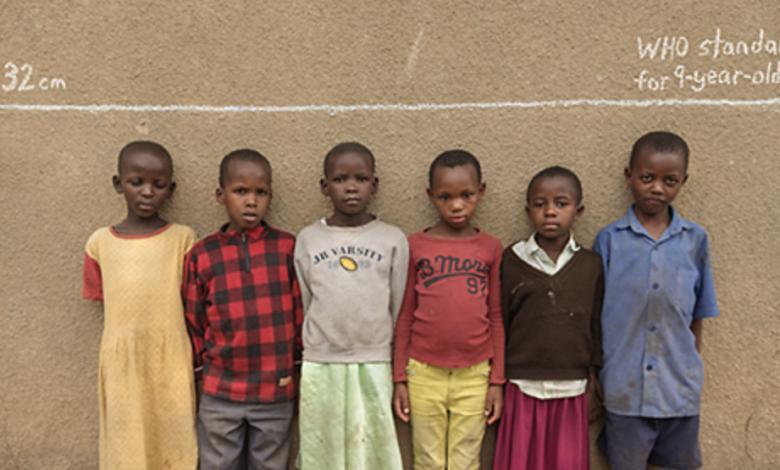Africa-Press – Tanzania. IN an effort to address the problem of child stunting and poor height development among youth in the country, the Island of Peace (IDP) organisation has conducted research and introduced various types of indigenous maize and bean seeds.
The initiative aimed at alleviating the issue and improving reproductive health for both men and women.
Speaking yesterday in the city during an event to present the laboratory research findings on the nutritional composition of indigenous maize and beans and their role in enhancing food security, the IDP Country Director, Ayesiga Buberwa, said the study was conducted by experts from the Tanzania Food and Nutrition Centre (TFNC) and the Nelson Mandela African Institute of Science and Technology (NM-AIST).
This follows nutrition statistics showing that 34 per cent of children suffer from stunting, while 64 per cent of youth have unsatisfactory height.
“This means that out of every 100 young people standing, 64 suffer from malnutrition that causes stunted growth. Additionally, 45 per cent of women are anaemic and 36 per cent have a vitamin A deficiency,” he said.
He also noted that globally, poor nutrition costs the world approximately 518 billion US dollars annually, urging stakeholders to work closely with the government to address the situation.
Former Prime Minister Mr Mizengo Pinda said that nutrition remains a major issue in the country and urged Tanzanians to value traditional foods, as they provide essential nutrients and protection against diseases.
“Researchers, should not get tired of taking this issue seriously. These seeds should be made easily accessible and affordable so that communities can benefit from their nutritional and protective properties,’’ he noted adding: “As you’ve heard, malnutrition and stunting are still major problems.”
Earlier, TFNC researcher Dr Nyabasi Nyakori presented the findings, revealing that maize varieties such as Mamay, Afedaaten, Yanga and Mehhe studied in the research were found to have high levels of iron, which helps prevent anaemia and vitamin A, which is essential for children’s development and eye health, along with other vital nutrients.
Regarding bean seed varieties, she listed Boo’, Mancari, Daketii and Marimbaa, which help prevent and combat malnutrition, especially anaemia due to their high iron content and other essential nutrients.
Dr Clara Mollay, a researcher from the Nelson Mandela Institution, added that researchers recommend community education on the importance of these seeds, which also contribute positively to ecological sustainability.
She also advised the government to conduct nationwide research to identify and develop various seed types suited to the different ecological zones across Tanzania.
For More News And Analysis About Tanzania Follow Africa-Press







